Deodorant, soap, and basic hygiene items have become among the most frequently stolen goods, with recent data revealing a surge in toiletry theft across London from 2020 to 2024.
Metropolitan Police figures show that reported toiletry theft incidents have risen sharply, with shoplifting offences increasing from 3,081 in 2020 to 4,720 in 2024.
This rise in toiletry theft reflects a broader pattern of essential item theft across London, where overall theft incidents have more than doubled from 30,354 in 2021 to 66,898 in 2025.
Experts say these figures paint a stark picture of growing desperation among London’s most vulnerable residents amid the ongoing cost-of-living crisis.
A social emergency
According to The Hygiene Bank, these statistics reveal hygiene poverty as an invisible and growing crisis.
The Hygiene Bank’s chief executive officer Ruth Brock said hygiene is normally the first thing to go when people are struggling with costs.
The six-year-old charity has grown from a kitchen table enterprise to 170 volunteer-led projects.
The charity’s 600 volunteers collect and distribute basic household items – including soap, detergent, deodorant, shampoo, moisturiser, and toothbrushes – to food banks, schools, refuges, homeless shelters, and family hubs.
In 2022, the charity conducted what they believe was the UK’s first hygiene poverty report, with an update released in 2024.
Their findings showed that the number of adults living in hygiene poverty in the UK increased from 3.1 million in 2022 to 4.2 million in 2024 — equivalent to the population of Birmingham.
Brock says: “While the number of people living in hygiene poverty is at 4.2 million, 5.3 million people have in the last 12 months made a choice between a food product and a hygiene product.”
The 2024 Hygiene report found that 69% of adults experiencing hygiene poverty are having to make the difficult decision between paying for essential needs like food and bills or purchasing basic toiletries.
It also showed 65% of parents affected by hygiene poverty have had to choose between buying hygiene products for themselves or their children.
Nearly half of those affected are too embarrassed to ask for help.
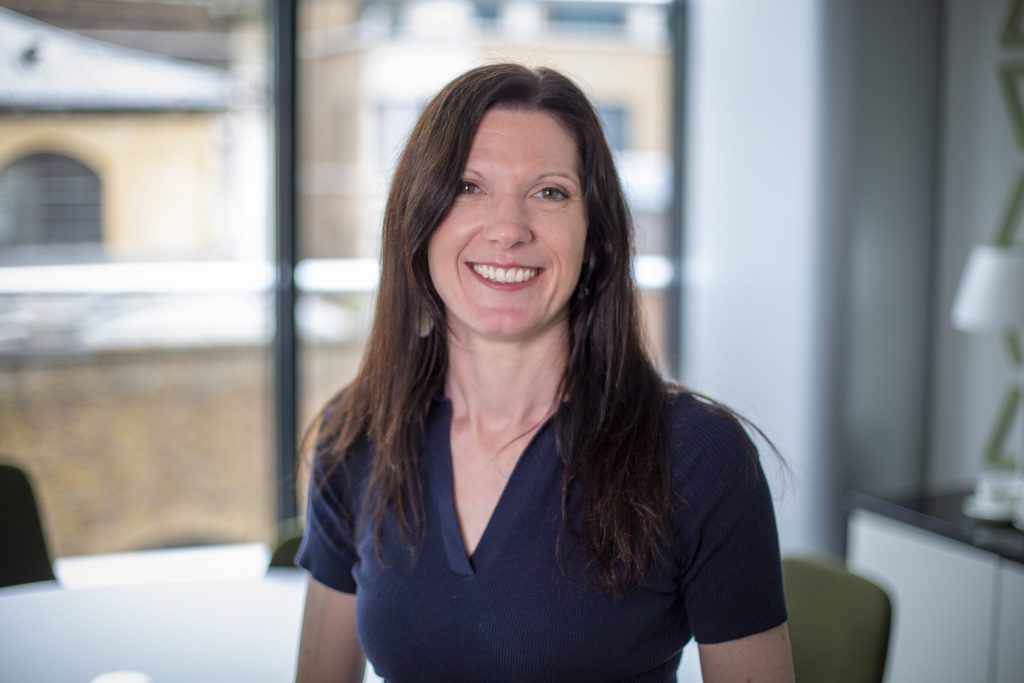
Brock said: “It is just common sense that you’re going to pay your rent and you’re going to put food on the table and you’re going to go without your hygiene products to be able to do that.”
Brock explains that several intersecting factors lead to hygiene poverty. People’s incomes have not kept pace with the cost of basic essentials, and the pandemic worsened the situation.
She said that people in hygiene poverty tell the charity of the shame, stigma and embarrassment. They feel humiliated and degraded and feel like they’re failing as parents because they can’t provide those basics.
Aisling Corr founded Productive, a charity which operates in the Thames Valley to highlight how hygiene poverty is not just a problem for those whole live in the city.
She said: “There’s some amazing organisations working on hiding poverty nationally and I know that they do have different branches across the UK, so I’m sure there are efforts being made but I think locally, from what I’ve seen, there is definitely a gap in support.
“For example, food banks do offer a level of hygiene support, but it’s not anywhere near, in my opinion, enough. It’s not addressing all the different needs that people will have.”
Corr explained that when they talk about hygiene poverty, conversations often just touch on toothbrushes and soaps but there’s much more to it such as period poverty.
She said: “There’s other topics that are less talked about around incontinence care or additional support for pregnancy, postpartum nursing, infants and children.
“It’s about not just increasing access locally, but it’s also the sort of the spectrum of products that are available as well.”
Impact on Businesses
In January 2025, the British Retail Consortium reported that UK retailers say crime is ‘spiralling out of control’, with 55,000 thefts daily and violent and abusive incidents rising by 50% over the last year.
The British Retail Consortium reports that retailers are bearing the brunt of these increasing thefts.
According to the BRC, the rise in shoplifting stems partly from financial pressures, but organised crime has also contributed to the increase.
A BRC spokesperson said: “That’s why things like beauty products are being stolen more and you’re seeing more security tags on those items where you wouldn’t have before.
“What’s considered high value has completely changed.”
They noted that the 2014 change in law in England and Wales – which typically spares those stealing goods worth less than £200 from jail time – has exacerbated the crisis for retailers.
Many retailers feel that theft is not a police priority, as officers often fail to respond to calls.
The BRC spokesperson said: “We understand that the police have many competing priorities and retail theft might not always be priority number one.
“But they so often seldom attend when a retailer reports something, that it makes people think I can shoplift this and nothing’s going to happen.”
The Met Police declined to comment.
This situation has forced many retailers to implement additional security measures.
The BRC reported that retailers had spent £1.8bn on crime-prevention measures, including CCTV, additional security guards, anti-theft devices, and body-worn cameras.
Stores like Boots say over the last three years they have invested millions in security interventions, including connecting the majority of their stores to their in-house, state-of-the-art CCTV monitoring center. This allows store teams to access real-time response and support during incidents.
Since 2021, they have also equipped team members with body-worn video cameras in many stores and invested in new digital software to better track offenders across all Boots UK locations.
A call for action
Retailers note that while some stem from organised crime it’s also from individuals unable to afford basic necessities.
The dramatic increase in theft rates indicates the need for comprehensive policy solutions to address hygiene poverty’s root causes.
Retailers like Boots works with The Hygiene Bank to provide toiletries to those who need it.
Currently, VAT is charged on hygiene products, and The Hygiene Bank is campaigning to eliminate this tax.
Brock said soap is as essential as sanitary products.
“It’s our first line of defense against illness and disease – a basic necessity in every home,” she said.
“Soap isn’t a luxury – it’s a human right.”
Feature image credit of Kate Darkins Photography. Picture provided by the Hygiene Bank.
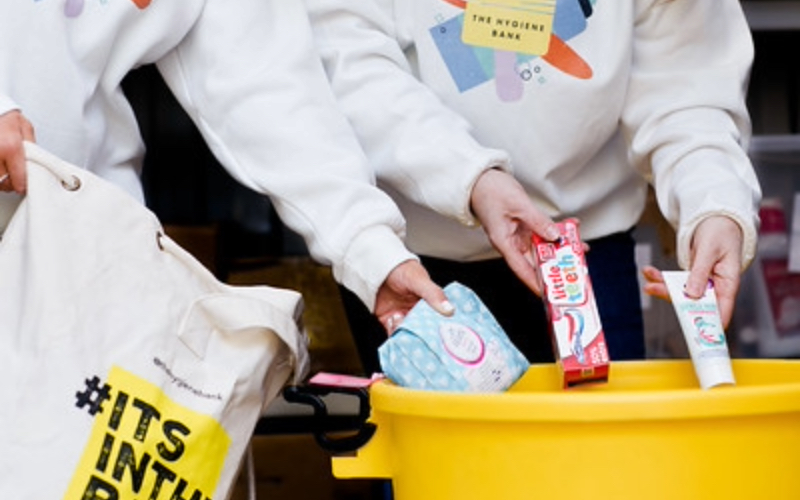
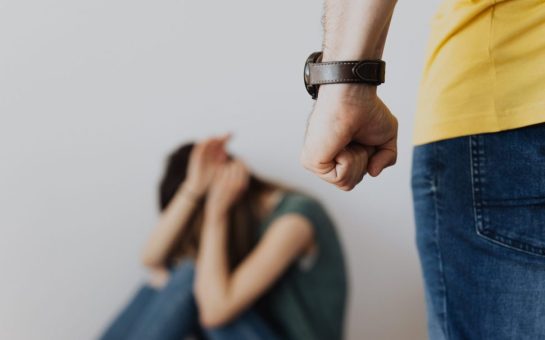
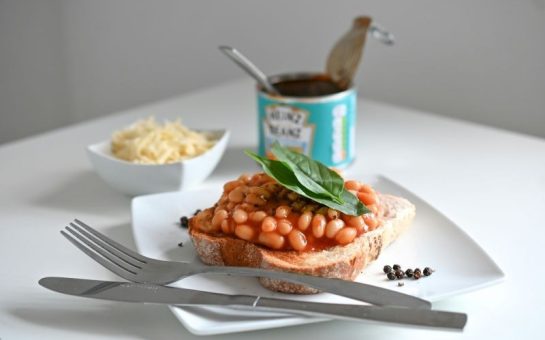
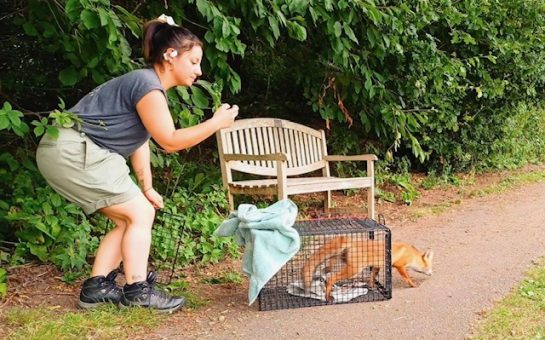

Join the discussion